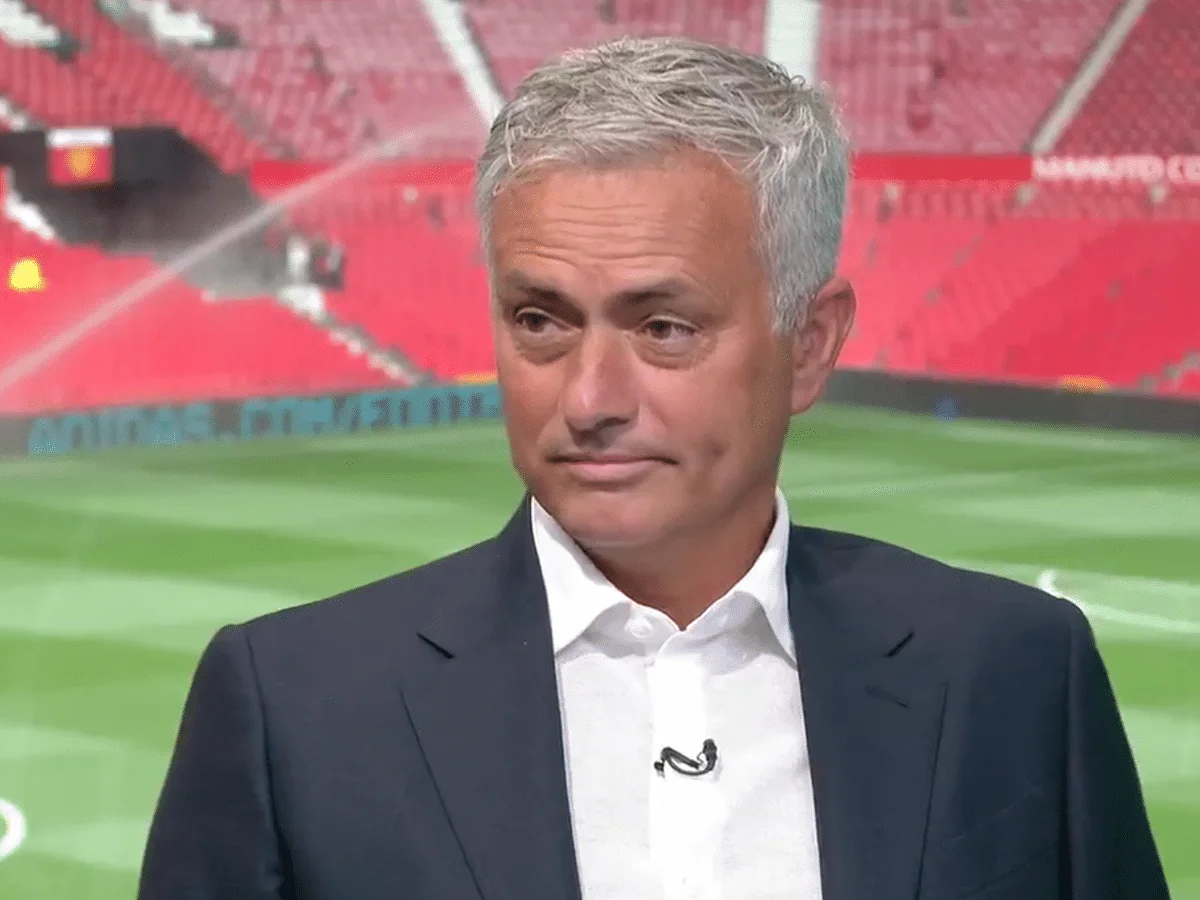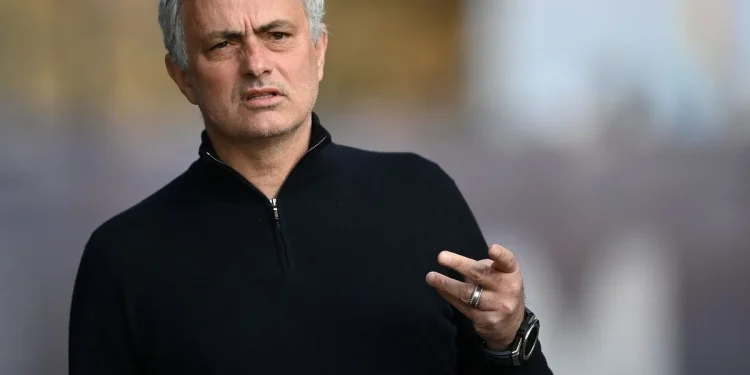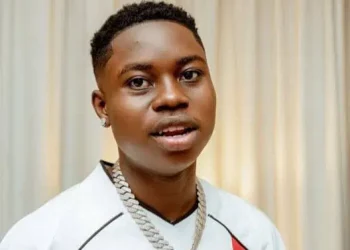One of football’s most decorated managers, José Mourinho, known for his achievements with Porto, after which he won trophies with Chelsea, Inter Milan, and Real Madrid. Apart from this, he also managed to help Manchester United to a Premier League second position besides winning the League Cup and the Europa League in the 2017-18 season.
Nevertheless, a definite trend has been noticed: Mourinho is an instant success with his short-term impact but is then seen to be involved in disagreements and poor performance. Analysts say that the first promising days of Mourinho’s tenure typically end with “caution, paralysis and misery,” as both fans and critics become tired of his orchestration.
Short-term impact, long-term decline: Often, Mourinho’s style of work can result in the realization of the quick goals such as winning the championship or delivering a massive victory. However, after a while, they appear to lose their effectiveness and the same results turn into negative ones. For instance, under the management of Mourinho, Tottenham Hotspur won big games in the very beginning, but later “slipped out of the Champions League places” with “disgruntlement over his tactics and man-management” becoming the main theme of the club’s fans.
While talking of conflicts, one of the points that come to the forefront is the rift between the boss and the stars that has happened more than once due to the principal. Thus, for example, in the case of Paul Pogba, it is reported that their relationship became so bad that not only were teammates told to avoid the French midfielder, but Mourinho also warned the press not to give the footballer too much space. Towards the wrap-up, the boss’s remarks were supposedly so often cutting that “90 percent” of the players “lost all respect” for him. We also see these similar patterns in all the football clubs he is in. He was not only publicly criticizing the veterans but the youth too at Roma.

Mourinho is often butting heads with the club’s board, especially regarding the transfer market, as one of the main reasons for his resigning from Manchester United was the club’s refusal of certain signings. Moreover, there was a time when he was called ‘extraordinarily high maintenance’ because of constant conflicts with the board over players.
Controversial personality: Mourinho’s confrontational manner is what most of the times gets him into the headlines. As a matter of fact, he not only criticizes referees but also the media (e.g. besides being one of the first managers to be booked in matches because of disputing calls in Turkey, he has also received suspensions for criticizing officiating and even been accused of racism by rivals amongst others). With time, supporters as well as clubs might become tired of such an adverse mood.
Tactical style: Fans claim that Mourinho’s practical, defence-first strategy has been “left behind by modern, attack-minded philosophies.” Analysts consider him the “anti-Barça,” as he prefers to play with low possession and quick counterattacks. Such a style may annoy fans as football keeps developing, and analysts say that his method seems to be “out of sync” with the teams that are based on pressing and possession.
These reasons influenced his last four works:
Manchester United (2016–18): Mourinho managed to win two trophies in 2016–17, but by 2018, the atmosphere had turned very bad. Along with a record poor start (the worst in decades), there were public confrontations – particularly his Pogba bust-up – that made his position “untenable”. His last months were filled with terror, suspicion, and loneliness, which, however, led to a dismissal in December 2018.
Tottenham Hotspur (2019–21): At Spurs he had the initial great performance (he even defeated the big rivals and reached a League Cup final), yet by 2021, the trend had turned downward. Criticism targeting his “grim and dogmatic” methods increased, and Spurs were losing matches after taking the lead over and over again. Despite a forthcoming cup final, Tottenham decided in April 2021 that they would be better off without him, saying that the manner in which he approached the game and dealt with the players had left the team with “no clear identity”.
AS Roma (2021–24): Mourinho achieved the first-ever Europa Conference League victory in 2022 and made the Roma supporters delight, but the league form was underwhelming. In January 2024, Roma did not qualify for Europe and were the lowest points-per-game team among all Roma coaches in the last few decades. Football was not the only problem as well; there were also issues with money, but conflicts with players escalated (he announced that the squad was not deep enough and he even disrespected the injured players). The club finally separated from the coach and indicated that they could barely stand his style which was result-driven but unattractive.
Fenerbahçe (2023–25): In Turkey, Mourinho directed Fenerbahçe to a second-place finish, however, he lost in the Champions League playoffs. “Marked by controversies” was the phrase that defined his time at the club – from antagonizing referees to denying a racism accusation by rivals that time. The mix of failure on the pitch and Mourinho’s off-field behavior (being booked for protests, legal issues with opponents) escalated to Fenerbahçe’s board firing him recently.
How can Mourinho avoid the same fate in his next job
Most commentators think he is required to change his tactics. To quote a piece of analysis, there are “calls for Mourinho to adapt and change his approach to avoid his usual second-season meltdown”.
Practically, that could be transforming his confrontational public metaphor (owners “do not like being questioned” by him), and creating confidence in the locker room rather than distancing players (recollect 90% of his United squad turned against him).
In terms of tactics, more possession-based football and having a Plan B as a backup could be beneficial in today’s game. To cut a long story short, Mourinho is brilliant, no one can deny that, but to keep his place he may be required to fuse his tactical genius with more flexibility, diplomacy, and a contemporary style, the conflicts that have so frequently led clubs to move on are not there.
But the question remains the same, will Jose change his ways that has brought him so much success over years or adapt to the new modern way of playing football?

















